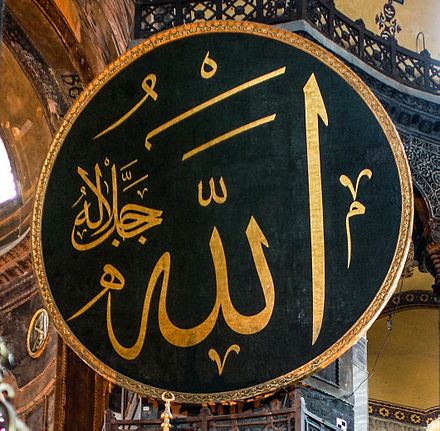“And know that your wealth and your children are but a trial, and that Allah has with Him a great reward.” (Quran 8:28)
The concept of fitan (trials) during the end times occupies a central place in Islamic eschatology. These trials, foretold in the Quran and authenticated hadith, serve as both warnings and guidance for Muslims to navigate the moral and spiritual challenges preceding the Day of Judgment. This first installment in our ten-part series explores the theological foundations of these trials, early signs, and their profound relevance to contemporary Muslim life.
Theological Foundations of End-Time Trials
The Purpose of Trials
In Islam, trials are not arbitrary suffering but divine tests designed to purify faith and distinguish true believers. The Quran states:
“Do people think they will be left alone after saying, ‘We believe,’ without being tested?” (Quran 29:2–3)
Classical scholars like Ibn Kathir emphasize that trials serve to:
- Expose hypocrisy
- Strengthen genuine faith
- Reinforce divine justice
Predestination and Human Responsibility
While Allah’s decree (qadar) governs all events, humans retain free will (ikhtiyar).
The Prophet Muhammad ﷺ clarified:
“Allah has ordained measures for all creations, but He grants success to those who strive.” (Sahih Bukhari 4942)
This balance underscores that trials are inevitable, but Muslims remain accountable for their responses.
Minor Signs of the Hour: Early Warnings
Decline of Knowledge and Rise of Ignorance
The Prophet ﷺ warned:
“Allah does not erase knowledge by removing it from people but takes scholars with death until no scholar remains. People will take ignorant leaders who issue rulings without knowledge, leading others astray.” (Sahih Bukhari 100)
Contemporary Manifestation:
- Misinterpretation of religious texts on social media
- Rise of unqualified influencers dispensing Islamic advice
Moral Decay and Normalization of Sin
A dire prophecy describes:
“People will commit adultery openly in the streets like donkeys.” (Sahih Muslim 7082)
Modern Parallels:
- Pornography consumption exceeding 3 billion monthly searches globally (Statista, 2023)
- Normalization of extramarital relationships in media
Inversion of Natural Order
The Prophet ﷺ foretold:
“When the slave woman gives birth to her mistress, and barefoot shepherds compete in constructing tall buildings.” (Sahih Muslim 8)
Interpretations:
- Literal: Children disrespecting parents (mothers treated as servants)
- Metaphorical: Sudden wealth leading to social upheaval
Common Reader Questions
1. Are These Signs Inevitable?
Yes. The Prophet ﷺ stated:
“The Hour will not be established until these signs occur.” (Sahih Bukhari 7062)
However, their timing remains known only to Allah.
2. How Should Muslims Prepare?
- Strengthen foundational faith through Quran and Sunnah
- Build community resilience via mosques and Islamic schools
- Practice discernment in consuming information
3. Do Trials Disproportionately Target Muslims?
No. The Quran clarifies:
“We will test you with fear, hunger, loss of wealth, lives, and crops.” (Quran 2:155)
Trials affect all humanity but carry unique spiritual implications for believers.
Contemporary Relevance: Navigating Modern Fitan
Digital Age Challenges
- Misinformation: 67% of Muslims report encountering distorted Islamic content online (Pew Research, 2022)
- Social Media Fitna: Platforms amplifying division through outrage algorithms
Practical Guidance from Sunnah
- Daily Adhkar: Protect with morning/evening remembrances
- Selective Engagement: Avoid unnecessary debates per the Prophet’s ﷺ advice:
“Leave what makes you doubtful for what doesn’t.” (Sunan Tirmidhi 2448) - Community Solidarity: Revive the spirit of ukhuwwah (brotherhood) through local Islamic centers
The Path Through Turbulence
As the Prophet ﷺ assured through the Quran:
“After difficulty comes ease.” (Quran 94:5–6)
Key Takeaways:
- Trials are divine wisdom, not punishment
- Preparation requires both spiritual and practical measures
- Collective action mitigates individual vulnerability
Establish a personal “Fitna Preparedness Plan”:
- Daily Quran reflection (even 5 verses)
- Monthly charity to support Islamic education
- Mentorship relationships with trusted scholars
“As for those who strive in Our cause-We will surely guide them to Our paths.” (Quran 29:69)
In Part 2, we explore the Major Signs of the Hour and their theological implications, In Sha Allah.







